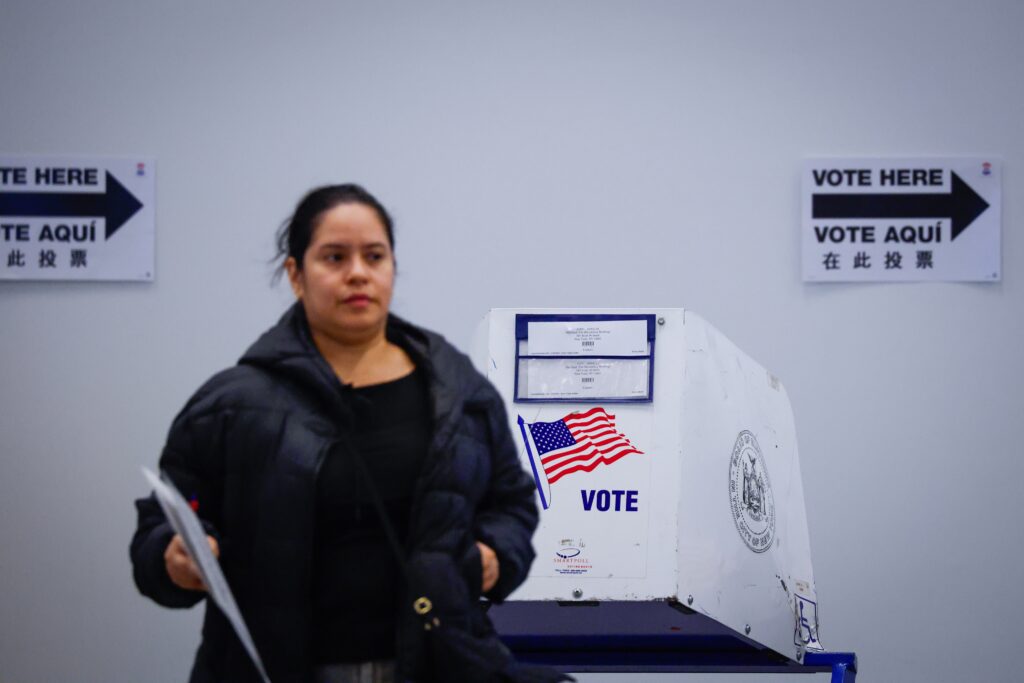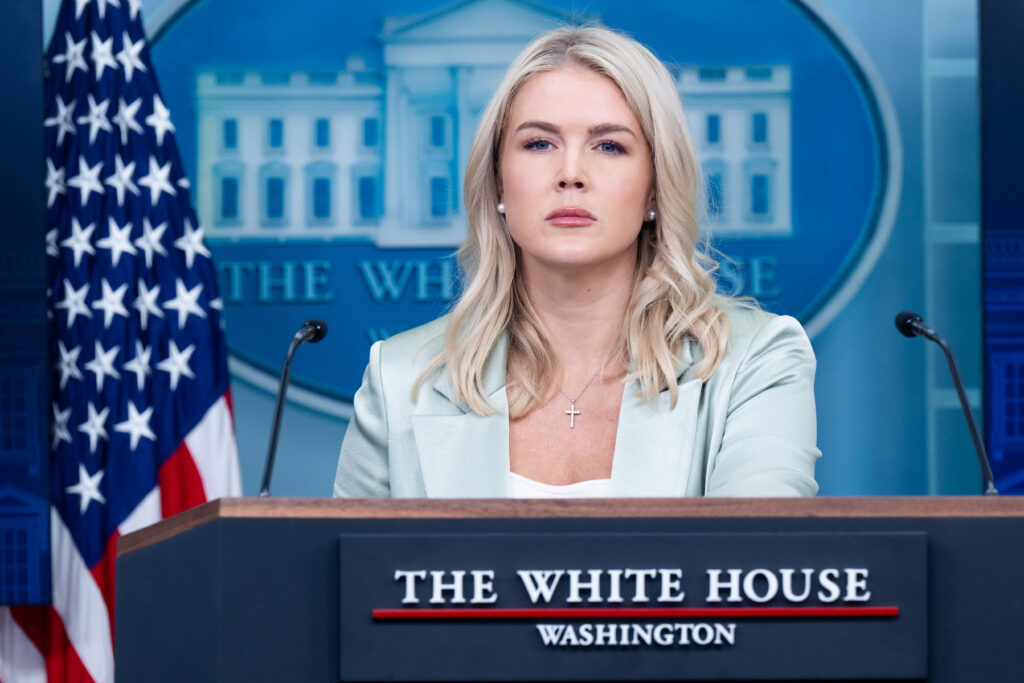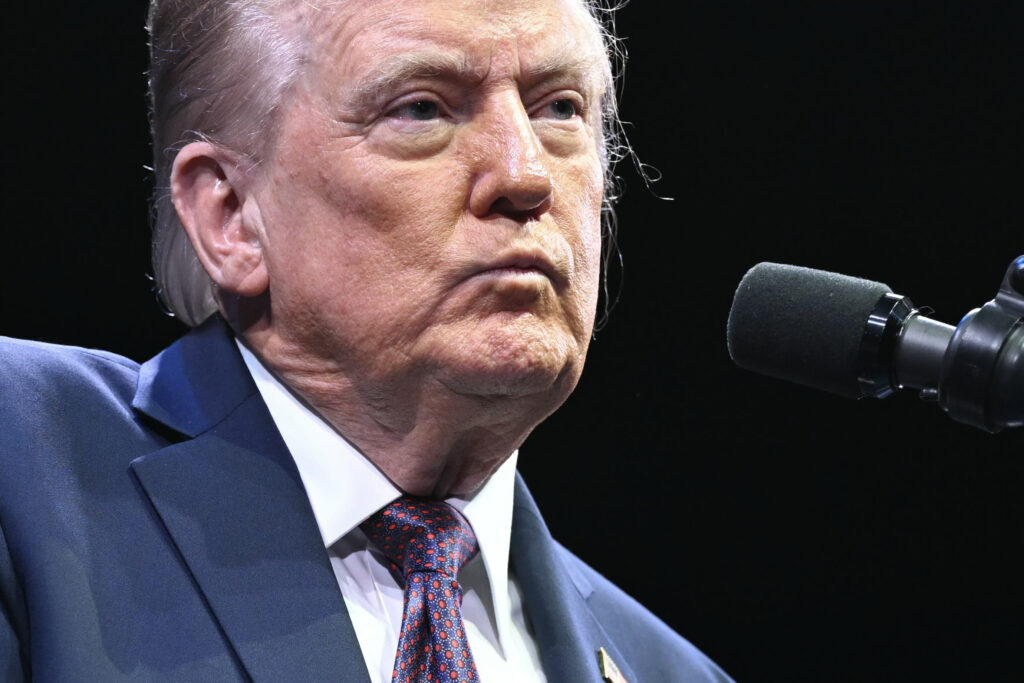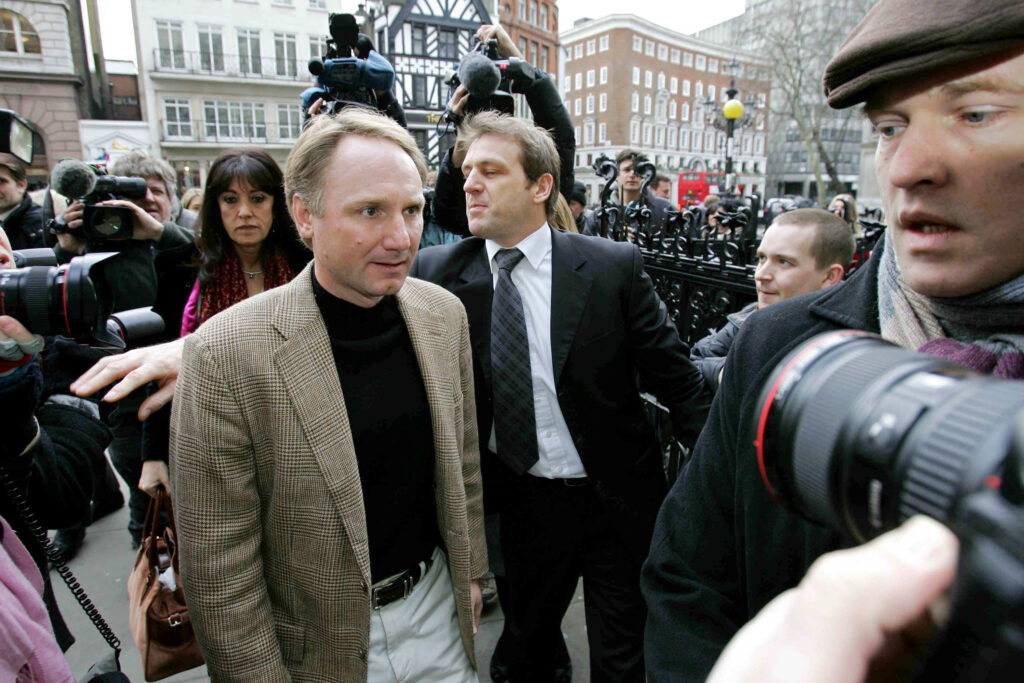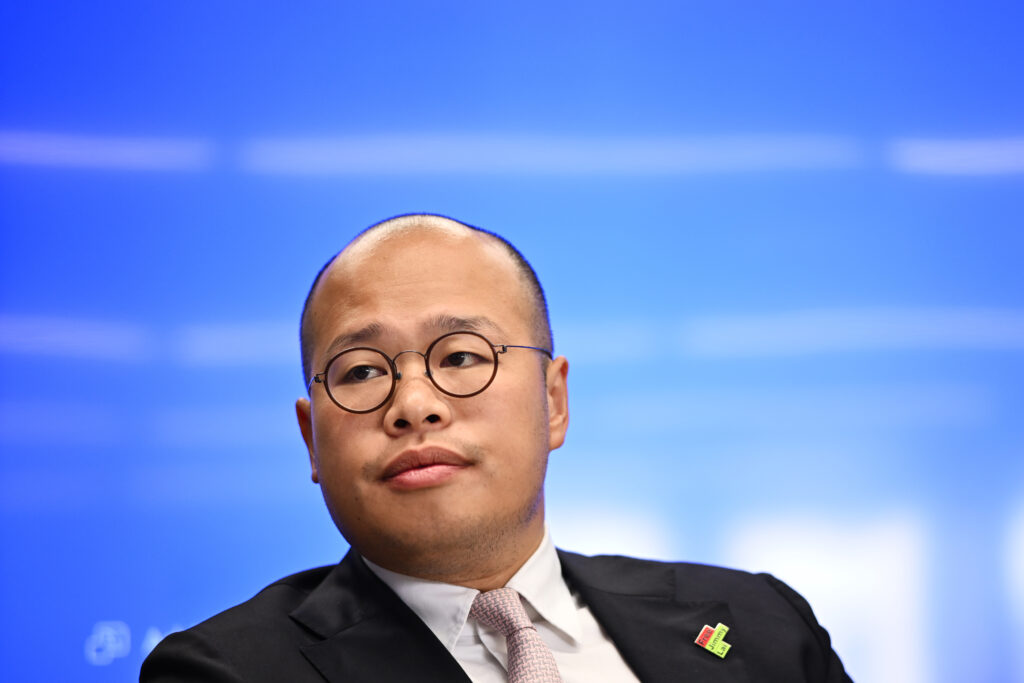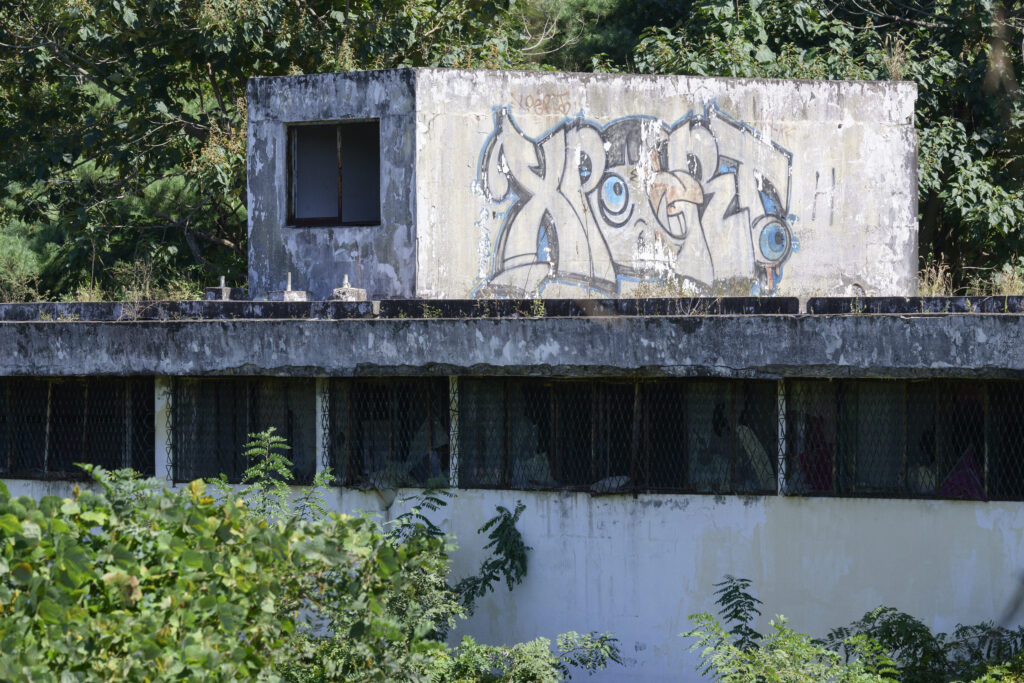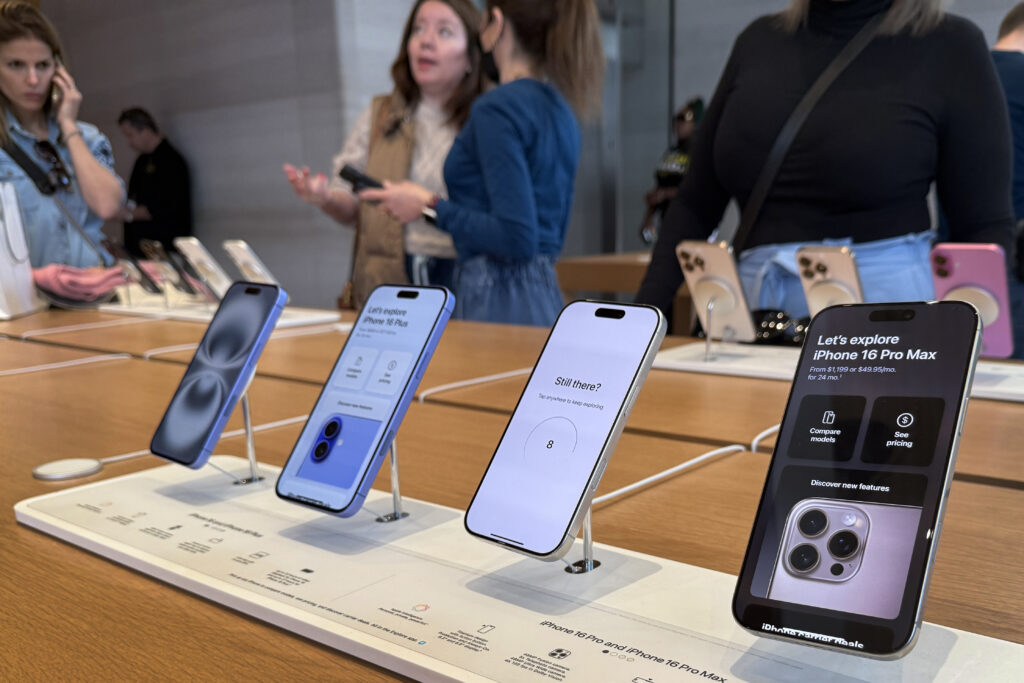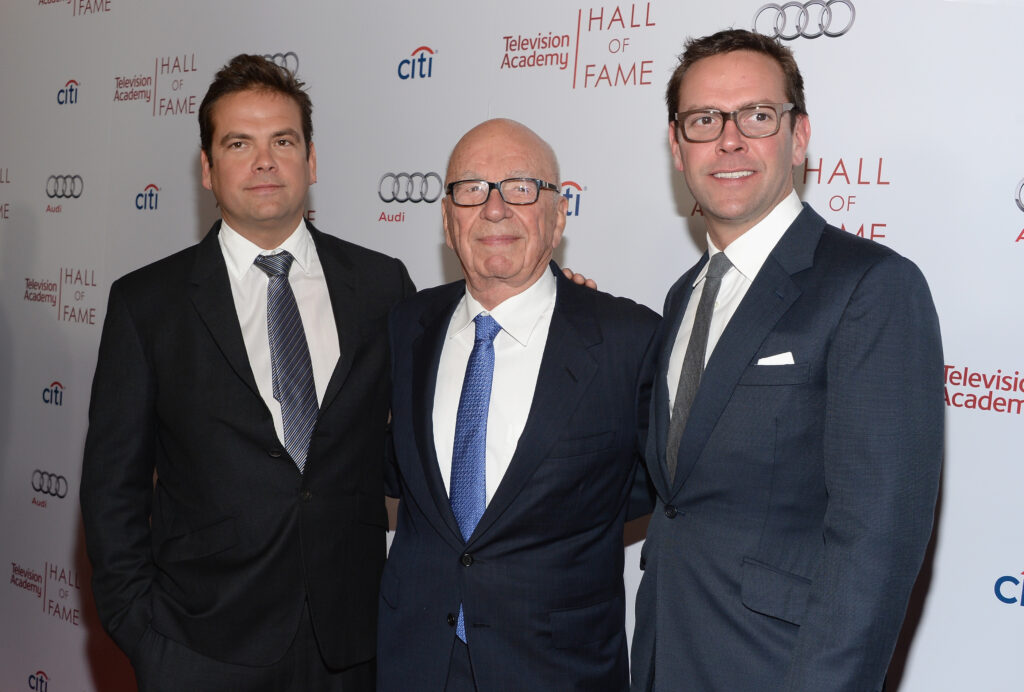A lewd birthday letter that Donald Trump allegedly sent to Jeffrey Epstein in 2003 — which the US president claimed did not exist — was published Monday by a congressional panel investigating the late financier’s sex crimes case.The letter, a type-written message inserted into the sketched outline of a nude woman, was one of many notes sent by Epstein’s friends that his associate Ghislaine Maxwell, now imprisoned, had compiled into a book for his 50th birthday.The Wall Street Journal had reported on the existence of the book and letter in July, prompting a $10 billion defamation suit from Trump, 79.The US House Oversight Committee subpoenaed the book along with other documents from Epstein’s estate, including bank records, as part of its probe launched this summer into the handling of the late sex offender’s case.Trump’s alleged note consists of a short dialogue between “Donald” and “Jeffrey.””We have certain things in common,” says Donald, to which Jeffrey responds: “Yes, we do, come to think of it.””Enigmas never age, have you noticed that?” asks Donald.”As a matter of fact, it was clear to me the last time I saw you,” says Jeffrey.”A pal is a wonderful thing. Happy Birthday — and may every day be another wonderful secret,” the note ends, followed by Trump’s signature, which takes the place of pubic hair on the nude outline.Another letter in the book also mentions Trump, with a photo of Epstein holding an oversized $22,500 check. The signature on the check says “DJ Trump” but is very different from Trump’s normal writing.”Jeffrey showing early talents with money + women! Sells ‘fully depreciated’ [redacted name] to Donald Trump,” reads the note.The Wall Street Journal reported Monday that the letter from businessman Joel Pashcow referenced a woman who was courted by both Trump and Epstein in the 1990s.Democrats on the panel published the copy of the Trump letter before the entire book was released, prompting accusations from Republican chairman James Comer of “cherry-picking documents and politicizing information.”The White House reiterated its denial of the authenticity of the letter, with Press Secretary Karoline Leavitt saying “it’s very clear President Donald Trump did not draw this picture and he did not sign it.””President Trump’s legal team will continue to aggressively pursue litigation,” she added.Epstein, a wealthy financier with high-level connections around the world, was found dead in his New York jail cell in 2019 while awaiting trial for alleged sex trafficking of underage girls recruited to provide him with sexual massages.Trump’s supporters have been obsessed with the Epstein case for years and held as an article of faith that “deep state” elites were protecting a sex ring of Epstein associates, particularly in the Democratic Party and Hollywood.- Committee investigation -Trump took office in January promising to quickly get to the bottom of the Epstein conspiracies.But many of his supporters have been up in arms since the FBI and Justice Department said in July that Epstein had committed suicide, did not blackmail any prominent figures, and did not keep a “client list.”Trump himself has repeatedly attempted to bury the controversy — dubbing it the “Democrat Epstein hoax” — as attention intensifies on his own long-term friendship with the financier.Democrats and a handful of Republicans risking Trump’s ire have doubled down, demanding that all legal files related to Epstein be released.The Republican-controlled Oversight Committee has subpoenaed Justice Department documents as well as testimony from many high-ranking officials, including former president Bill Clinton, whose own letter allegedly written to Epstein appears in the birthday book praising his “childlike curiosity” and “desire to make a difference.”Peter Mandelson, Britain’s ambassador to the United States since 2024, also allegedly left a message in the book, calling Epstein his “best pal” and an “intelligent, sharp-witted man” who would come and go as he pleased, “leaving you with some ‘interesting’ friends to entertain instead.”As part of its response to the controversy, Trump’s Justice Department interviewed Epstein associate Maxwell, who is now serving a 20-year prison sentence for recruiting underage girls for the financier.She was interviewed by Deputy Attorney General Todd Blanche, Trump’s former personal lawyer.The Justice Department later released a transcript and audio recording of the interview, in which Maxwell says Trump was friendly with Epstein but was “never inappropriate with anybody.”The 63-year-old Maxwell, the only former Epstein associate convicted in connection with his activities, was moved from a prison in Florida to a minimum security facility in Texas following the interview with Blanche.
